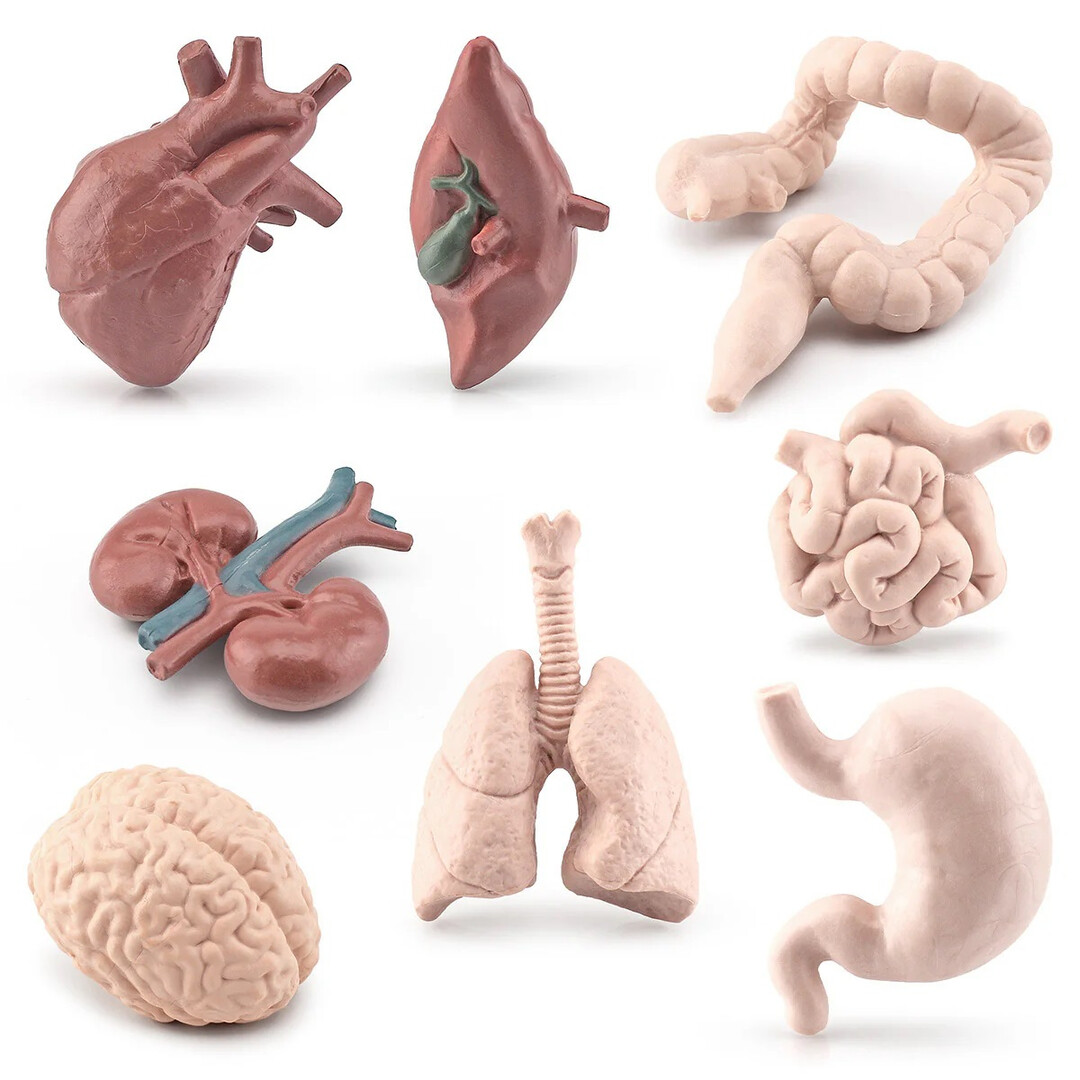
Oulu, Finland – Researchers at the University of Oulu have made a significant breakthrough in organoid technology by developing a novel method to cultivate functional blood vessels within these miniature organ models. This advancement could revolutionize pharmaceutical research and disease modeling.
Organoids, three-dimensional cell cultures that mimic the structure and function of real organs, have emerged as powerful tools in biomedical research. However, one major limitation has been the absence of a functional vascular system. This new technique addresses this challenge by introducing a robust vascular network into organoids, enabling them to better replicate the physiological conditions of actual organs.
The study, recently published in [Journal Name], focused on kidney organoids, a particularly challenging model for vascularization. By leveraging the unique properties of the chicken embryo's chorioallantoic membrane (CAM), researchers were able to induce the formation of blood vessels within the organoids.
"The CAM provides an ideal environment for vascularization, as it offers a rich source of growth factors and oxygen," explained Professor Seppo Vainio, a leading researcher in the field of developmental biology. "By growing organoids on the CAM, we can stimulate the development of a dense network of blood vessels that can supply oxygen and nutrients to the cells."
Furthermore, the researchers successfully transferred the vascularized organoids to a lab-on-a-chip device, where they continued to thrive and maintain their vascular network. This innovative approach allows for long-term culture and manipulation of organoids, enabling researchers to study disease progression and drug response in a more physiologically relevant context.
This breakthrough has the potential to significantly reduce the reliance on animal models in biomedical research. By using human-derived organoids, researchers can gain valuable insights into human disease mechanisms and identify potential therapeutic targets. Additionally, vascularized organoids can be used to develop personalized medicine approaches, tailoring treatments to individual patients.
The implications of this research extend beyond kidney disease. This technique could be applied to a wide range of organoids, including liver, lung, and heart, opening up new avenues for drug discovery and regenerative medicine.
[Copyright (c) Global Economic Times. All Rights Reserved.]






























